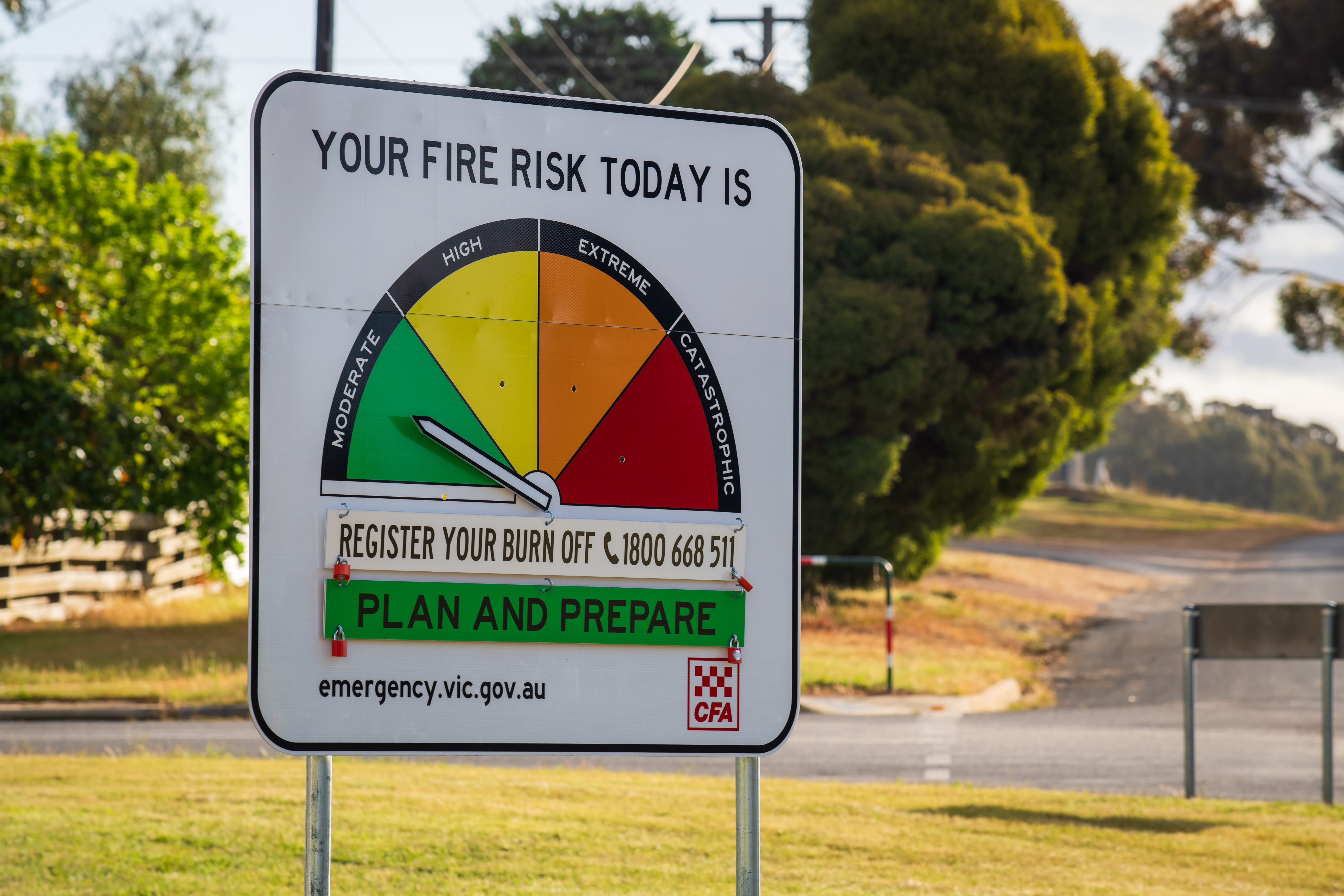Table of contents
Recommended for you

Risks of siloed council data: Lessons from Taupō District Council
Understanding your community is more than just good governance - it’s the foundation of trust, inclusion and effective service delivery. And yet, many councils rely heavily on KPIs, submissions, and formal feedback - while missing the more human, everyday signals that tell us how our communities are really feeling.
Whether you’re shaping a long-term plan, delivering everyday services, or designing the next round of community engagement, these five things are essential to truly understand the people you serve.
1. Perception matters as much as performance
You might be hitting all your service delivery targets - bins collected, permits processed, call wait times met. But if your community still feels frustrated, overlooked or confused, those KPIs won’t earn you trust.
Perception is the lived experience of your services. It’s how safe someone feels walking through a park, how respected a building inspector makes them feel, how clearly they understand a rates notice.
When councils gather perception data alongside operational data, they don’t just measure what they’re doing - they understand how it’s landing.
Insight: Perception helps you see around corners. You can act before problems escalate.
2. Representation isn’t the same as participation
Every council wants to be inclusive. But look closely - are you hearing from the same voices every time?
Workshops, town halls and online surveys often attract highly engaged groups. That’s not a bad thing - but it’s not the full picture.
Understanding your community means checking who’s missing. Young people. Renters. New migrants. People with disabilities. Those working multiple jobs.
If they’re not in the room, their needs might be invisible - until they’re not.
Tip: Cross-check engagement data with demographic and geographic spread. Where are the gaps?
3. Trust is built in the follow-up, not just the invite
Many councils are doing a great job of starting the conversation. But what happens after people speak up?
Do they hear back? See their ideas reflected? Understand why decisions landed the way they did?
Trust comes from feeling heard - and seeing that your voice mattered. Even when the outcome isn’t what someone hoped for, a clear, respectful explanation goes a long way.
“Here’s what we heard.”
“Here’s what we changed.”
“Here’s why we couldn’t do X - but we’re looking at Y.”
That’s how confidence builds over time, with consistency.
4. Energy and disengagement often live side-by-side
Every community has pockets of momentum - and burnout. If you’re only looking at volume or frequency of engagement, you might miss the underlying signals.
A community group running hard on climate adaptation? That’s energy to support and amplify.
A suburb that’s gone quiet after repeated engagement with little visible change? That’s disengagement to understand and repair.
Perception data helps you map the emotional climate of your community, not just its opinions. That insight can help you prioritise support and timing more strategically.
Think: Where are people leaning in? Where are they pulling away?
5. What people value isn't what gets the spotlight
Infrastructure is important. So are playground upgrades, roads, and compliance systems.
But often, what communities remember - and what shapes their perception of council - are the human-scale moments:
- The library story time that makes a parent feel welcome
- A quick, empathetic email from a customer service team
- A crew member who waves to kids from the truck
Understanding your community means knowing what they care about most - and why. Sometimes it’s the small things that have the biggest impact.
Ask: “What moments matter most to your experience with us?” You might be surprised by the answers.
Local government runs on relationships. And relationships start with understanding.
By tuning into not just what your community says, but what they think, who’s not being heard, and where energy lives - you give your leadership more to work with. Better insight. Deeper context. More trust.
Because in the end, you can’t lead a community you don’t understand.












